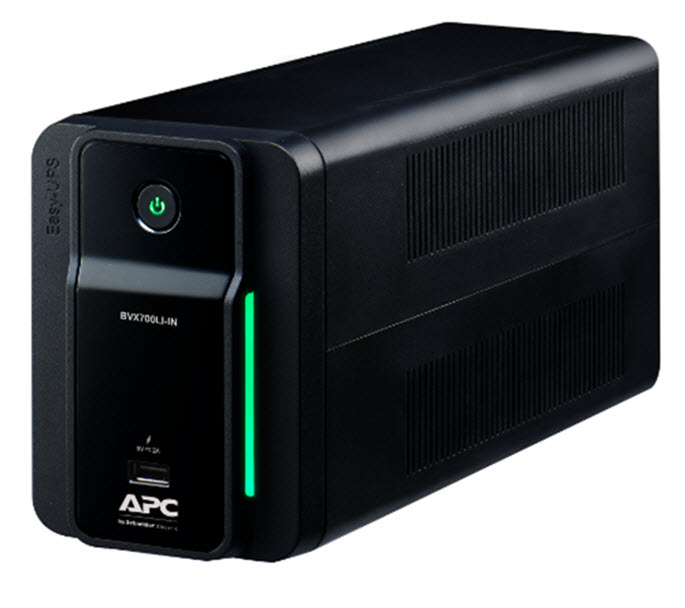What is UPS?
UPS stands for uninterruptible power supply (or source) and is a device that allows a computer or other device to keep running for a short time when there’s a power outage, usually from the mains. In days gone by that was a minor inconvenience when the lights went out.
Just get a candle out and move on when power is restored! But this is 2024, and we all rely on electrical power like never before, and our data and people’s very lives depend on machines and the “god” that is constant uninterrupted electricity. We’ve all suffered a power outage and the next one for you could be seconds away.

Benefits of Using UPS Power
Most companies have UPS power, especially in environments where consistent and reliable power is crucial. Here are some:
Uninterrupted Power Supply: UPS systems are primarily beneficial because of their ability to provide backup power during electrical outages. This ensures that critical equipment and systems remain operational without disruption, preventing data loss, downtime, or damage that could occur from sudden power loss.
Protection from Power Surges: UPS systems also protect connected devices from power surges and spikes. These can occur due to lightning strikes, grid switching, or other electrical disturbances. UPS units regulate and stabilize voltage levels before supplying power to connected equipment.
Smooth Transition: UPS systems provide a seamless transition to battery power during power interruptions. This transition is so quick that connected devices often do not even register the power outage, maintaining continuity of operations.
Battery Management: Modern UPS systems come with advanced battery management features. These include monitoring battery health, predicting battery life, and alerting users to potential issues. Click here to learn about knowledge management.
Regulation of Voltage and Frequency: UPS systems often include voltage regulation and frequency stabilization capabilities. This ensures that connected equipment receives clean and stable power, even in regions where utility power quality is inconsistent.
Protection for Sensitive Equipment: Many electronic devices and sensitive equipment are susceptible to damage or data corruption from sudden power loss or electrical disturbances. UPS systems provide a buffer against these risks, extending the lifespan and reliability of expensive hardware.
Remote Management and Monitoring: Advanced UPS systems can be remotely monitored and managed, allowing IT administrators to track power usage, battery status, and other critical metrics. Remote management capabilities enhance the efficiency of maintaining and troubleshooting UPS units.
Energy Efficiency: UPS systems have become more energy-efficient over time, with features such as an eco-mode operation that optimizes energy consumption. This not only reduces operational costs but also minimizes environmental impact.
Compliance and Insurance Benefits: Using UPS systems can sometimes be a requirement for compliance with industry standards or regulations. Additionally, having UPS protection in place may also be beneficial for insurance purposes, potentially lowering premiums by reducing risks associated with power-related incidents.
Many companies offer UPS solutions; contact one with the equipment, service, and experience that can protect you and your business today. Tomorrow may be too late.
